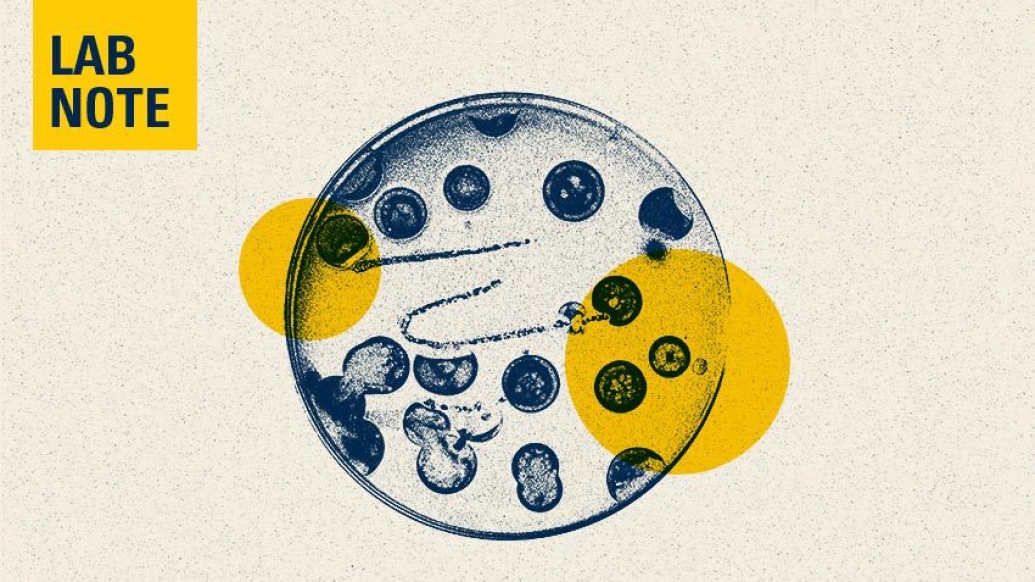Most teens and young adults underestimate sexually transmitted infection risk, and feel their generation needs better information.
10:41 AM
Author |

Most teens and young adults know it's possible to catch or spread a sexually transmitted infection by having unprotected oral sex, a new poll shows. But more than half underestimate the level of that risk, including many who focus on avoiding pregnancy risk, the data show.
Just over half (54%) of young people also feel their generation needs more education about the risks of oral sex, and how to reduce those risks by using protective barriers such as dental dams and condoms. One in five also called for more depictions or discussion of protection during oral sex in popular culture to normalize the concept.
The new study is published in the Annals of Family Medicine by a team from the MyVoice text-based poll based at the University of Michigan's Department of Family Medicine. The study is based on answers from 909 young people across the country with an average age of 19.
Past research has shown that oral sex can transmit herpes, gonorrhea, chlamydia, syphilis, HIV, and human papillomavirus, called HPV for short. In the last two decades, the number of Americans diagnosed with head and neck cancers linked to HPV infection, mainly due to oral sex, has surpassed the number diagnosed with HPV-related cervical cancer linked to vaginal sex. A vaccine against all HPV infections is available for both young women and men, but is not widely used among young men.
On a scale of 1 to 5, with 1 being least risky, 60% rated unprotected oral sex at 1, 2 or 3. But young women were more nearly twice as likely as young men to rate it as a 4 or 5 on the risk scale, while young men were twice as likely to rate it as a 1 or 2. Those who rated it low on the risk scale mostly focused on the lack of pregnancy risk and a lower risk of transmitting an STI compared with unprotected vaginal sex.
"Youth deserve to know the facts about the risks of oral sex," said Tammy Chang, M.D., M.P.H., M.S., director of MyVoice and an associate professor of family medicine at Michigan Medicine. "It's not just about sexually transmitted infections, but also the risk for cancer later in life. Educating youth about the risks of oral sex today and making protection accessible and easy to use can begin to change the cultural norms around oral sex and save lives."
The study's co-first authors are U-M Medical School student Arianna Strome and U-M School of Public Health doctoral student N'dea Moore-Petinak. The study was funded by the Michigan Institute for Clinical & Health Research, the U-M MCubed program, and the Department of Family Medicine.
Paper cited: The Annals of Family Medicine. DOI:10.1370/afm.2761

Explore a variety of healthcare news & stories by visiting the Health Lab home page for more articles.

Department of Communication at Michigan Medicine
Want top health & research news weekly? Sign up for Health Lab’s newsletters today!





